A memorial in Wyoming is a quiet tribute to the loudest hate crime in history
A small bench on a college campus serves as a remembrance of one of the nation's most horrendous hate crimes.
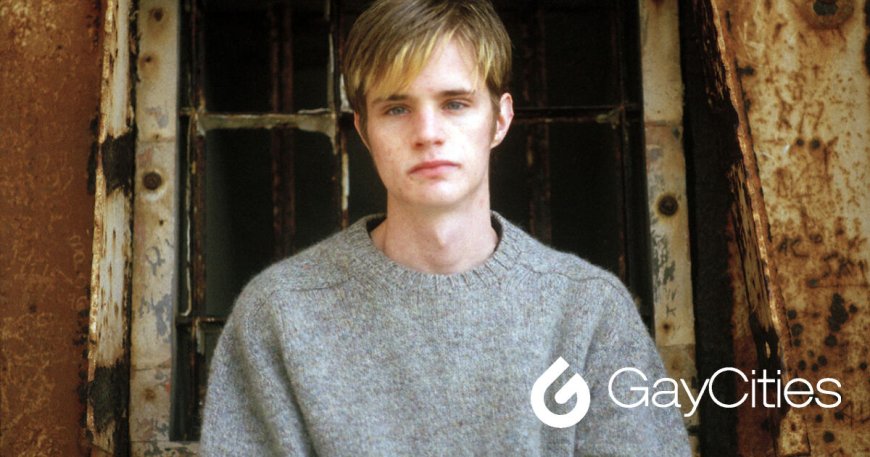
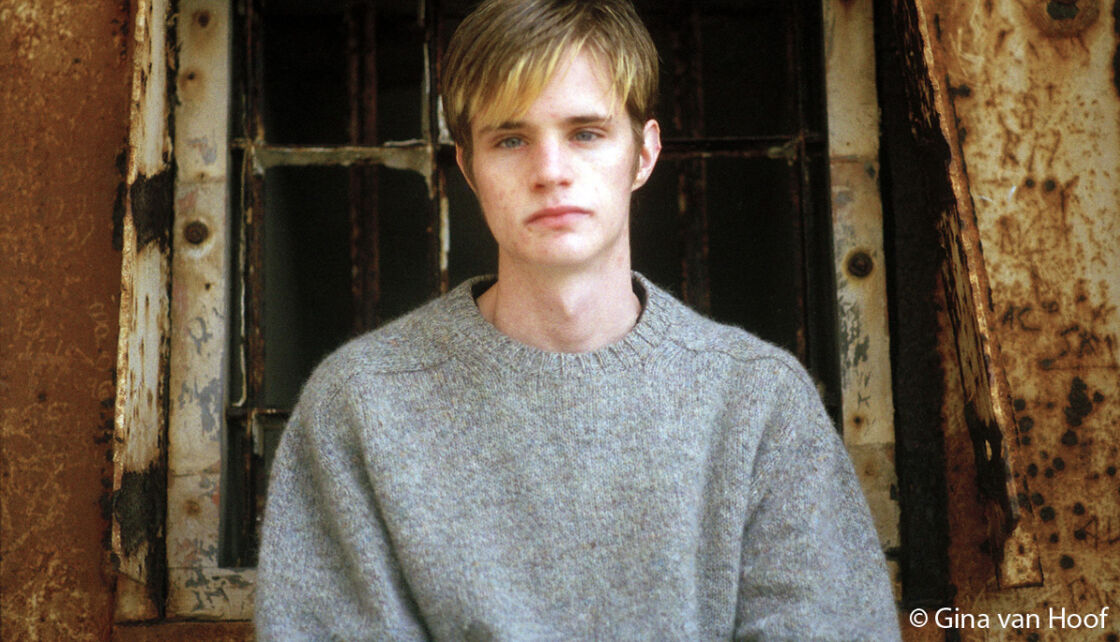
Historically, living openly has often meant that queer people must accept the risk of their visibility putting their lives in jeopardy. In 1998, Matthew Shepard, a 21-year-old college student in Wyoming, publicly identified as gay despite the potential consequences during a time when there were no federal laws against hate crimes targeting sexual orientation or gender identity.
October 6th seemed like any ordinary day, at least for Shepard. He attended a meeting of the LGBTQ+ student group at the University of Wyoming, grabbed coffee with friends, and then decided to hit a gay-friendly bar by himself for a beer.
The 90s weren’t exactly a societal walk in the park for any queer person, but Shepard let his guard down in a presumably safe space. He was sitting alone at the bar when two strangers, Aaron McKinney and Russell Henderson, approached him.
Pack your bags, we’re going on an adventure
Subscribe to our weekly newsletter for the best LGBTQ+ travel guides, stories, and more.
Subscribe to our Newsletter today
Unfortunately, he believed them when they claimed to be gay, possibly feigning romantic interest. The men offered Shepard a ride home.
What transpired next captured the attention of the nation.
About 18 hours later, a passing cyclist discovered Shepard’s badly beaten body tied to a split-rail fence. His parents, Dennis and Judy Shepard, who were based in Saudi Arabia for his father’s work, flew in after learning their son was in a coma. They arrived just in time to spend Shepard’s final days beside him until he passed away on October 12.
“We didn’t realize the amount of violence and discrimination … against the gay community until after he died,” Dennis said in an interview with Nightline. “We thought, he was born here … he has all the rights, responsibilities, duties, and privileges of every other American citizen.”
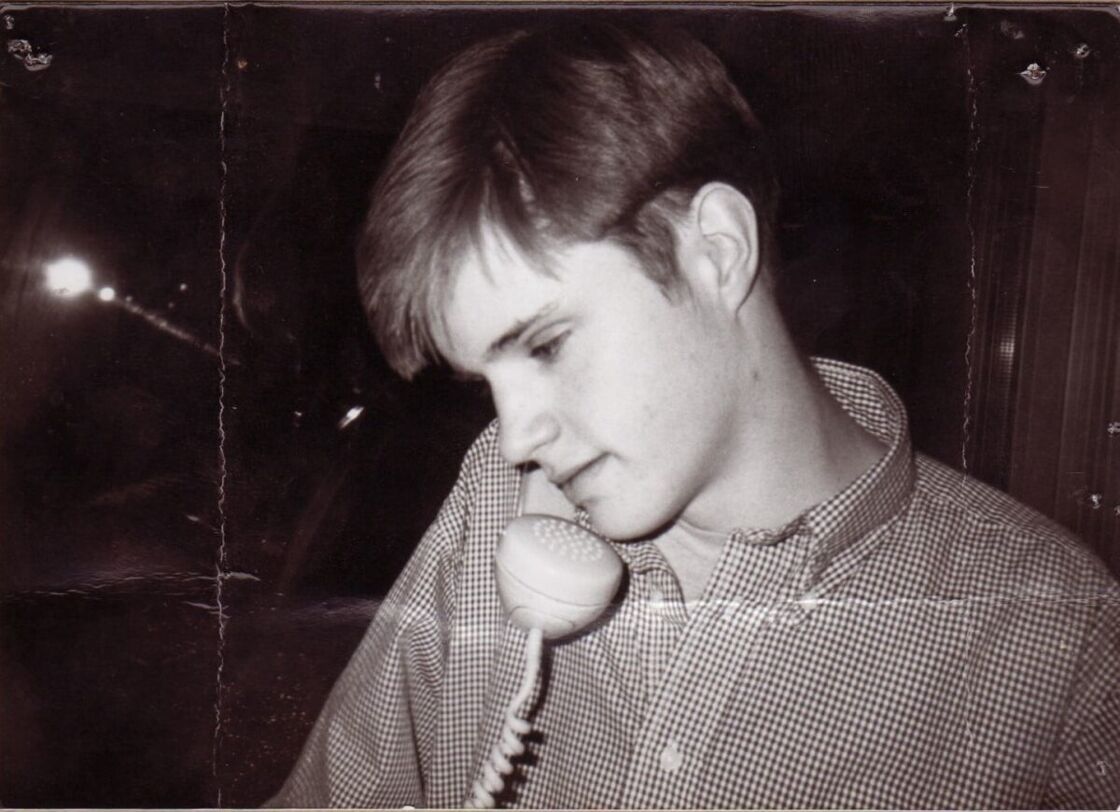
In the same interview, Judy described seeing her son’s body as “all bandaged, face swollen, stitches everywhere… His fingers curled, toes curled, one eye was a little bit open.” Shepard’s parents had to come to terms with the fact that someone who knew nothing about their son besides his homosexuality would smash the butt of a pistol against his head about twenty times and then set him on fire.
The men had kidnapped Shepard and drove him to a remote part of town, beat him senseless, robbed him of his shoes, and left him to die after lighting the flame. The heinous crime managed to go “viral” in the absence of social media with vigils held across the country.
Twenty-five years ago today, Matthew Shepard lost his life to a brutal act of anti-gay hate and violence simply for being himself.
His murder shook the conscience of the American people. And his courageous parents, Judy and Dennis Shepard, turned Matthew’s memory into a…— President Biden (@POTUS) October 12, 2023
McKinney and Henderson were arrested while Shepard was in a coma and attempted to use the “gay panic” defense, alleging he tried coming on to them. They eventually were both found guilty and received two consecutive life sentences.
Shepard’s parents created the Matthew Shepard Foundation in 1998 with the original mission of encouraging “parents with children who may be questioning their sexuality to love and accept them for who they are, and to not throw them away.”
In 2008, a memorial bench was dedicated to Shepard outside the Arts and Sciences building on the University of Wyoming campus, some might say a decade too late. The following year, President Obama signed the Matthew Shepard and James Byrd, Jr. Hate Crimes Prevention Act, which was the first federal hate crime legislation protecting LGBTQ+ people.
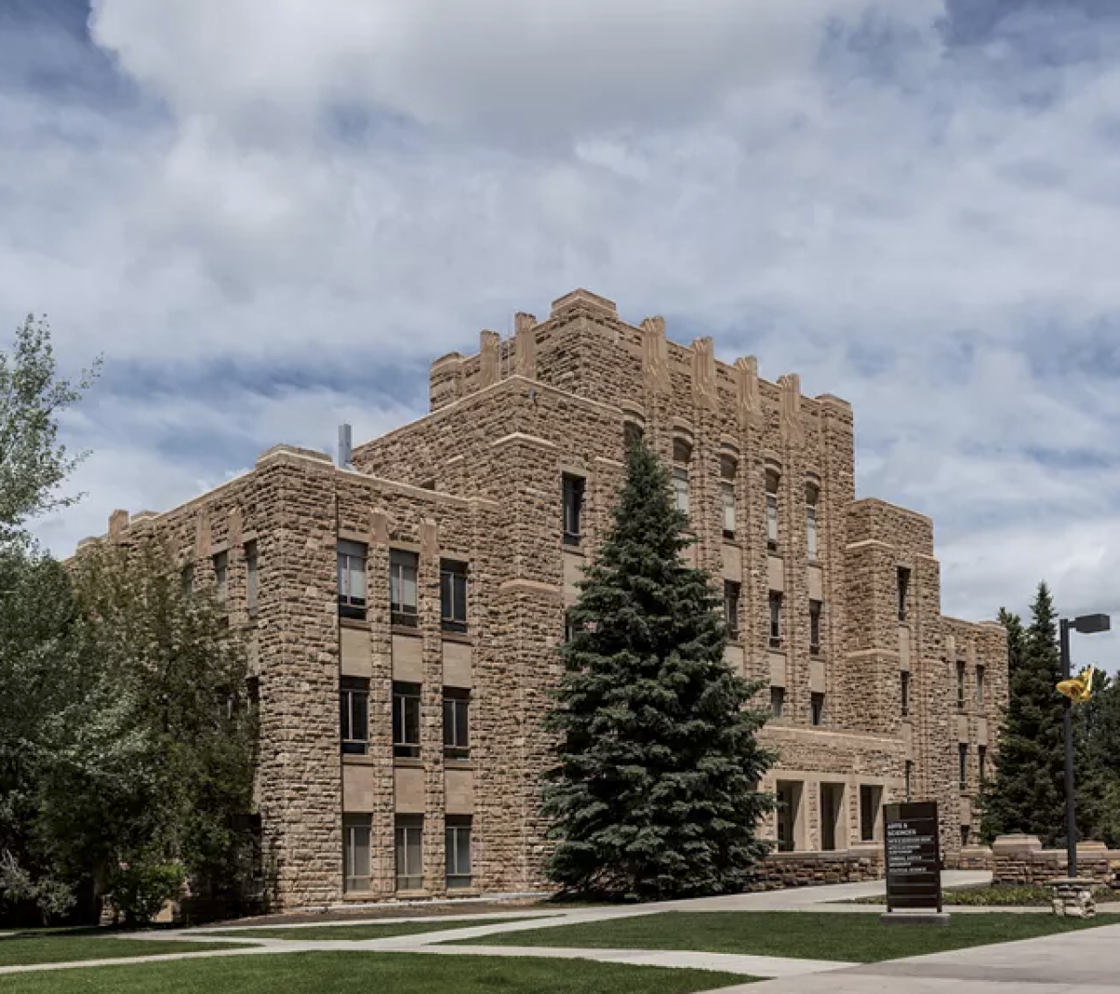
Although Shepard became a martyr who galvanized widespread empathy for gay rights—his loving parents and friends leading urgent calls to action and becoming advocates—several journalists have claimed that his murder might have had nothing to do with his sexuality.
Most notably, journalist Stephen Jimenez published The Book of Matt: Hidden Truths About the Murder of Matthew Shepard in 2013. The book alleged that Shepard was a drug addict and dealer, that McKinney had previously had sexual relations with him and targeted him to steal a 10k supply shipment, and that Henderson was merely a victim who was convicted for being in the wrong place with the wrong people.
Naturally, the far-fight embraced rewriting the narrative as a crusade against the “gay agenda,” while Shepard’s supporters condemned it for lacking any evidence – and focusing on the facts around his indisputably grisly murder. A drug report had already confirmed Shepard had no drugs in his system at the time of his death.
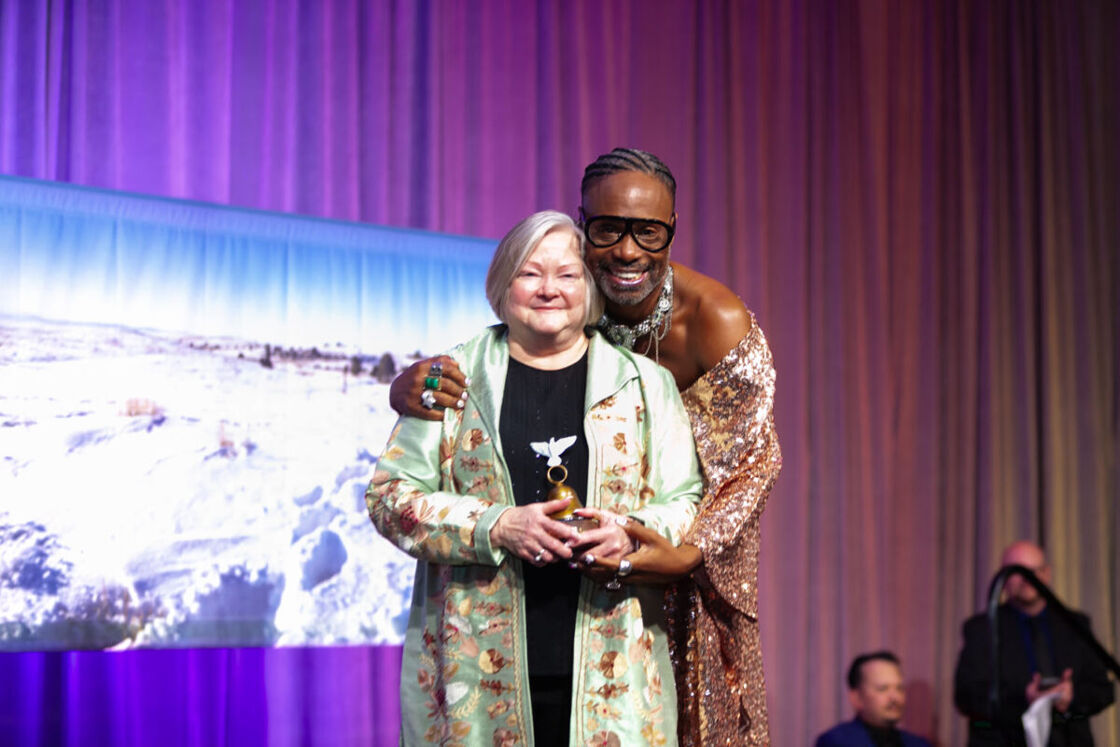
Ultimately, no one’s personal life should determine their right to live. McKinney’s use of homophobic slurs during police interrogations further solidified the presence of homophobia. Perhaps it’s harder to hold even an ounce of homophobia when you understand the magnitude of its weight.
The Matthew Shepard Foundation evolved into an advocacy organization for queer youth – with over 1,400 appearances in 23 countries – and has provided hate crimes training to 1,060 law enforcement officers and 76 prosecutors since May 2017.
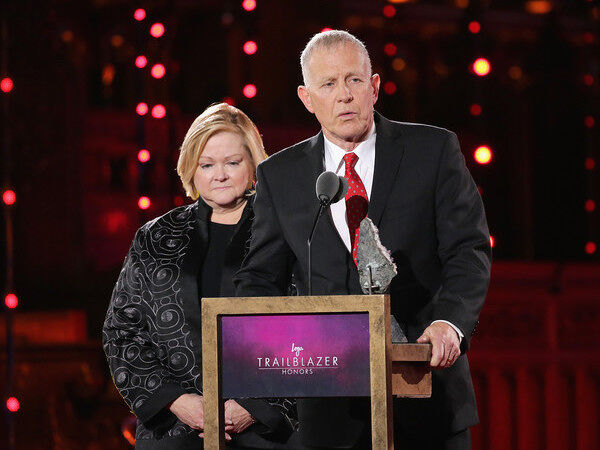
In 2018, Henderson reflected on Shepard’s gruesome death and how it has stayed with him.
“I think about Matthew every single day of my life,” Henderson said, according to the Associated Press. “I think about him and every single one of those days that I’ve had that he hasn’t had, his family hasn’t had, his friends haven’t had. I’m so, so ashamed I was ever part of this.”
Family Equality’s Malcolm Lazin advocated for Henderson’s release, echoing his involvement as a bystander; the gay activist believes he has “atoned” for his role.
Matthew Shepard’s memorial bench remains a permanent symbol of the murder that changed America – a quiet tribute to one of the loudest crimes in history. But its significance goes beyond Shepard. In 2023, LGBTQ+ individuals experienced over 700 incidents of violence and threats, including murder.
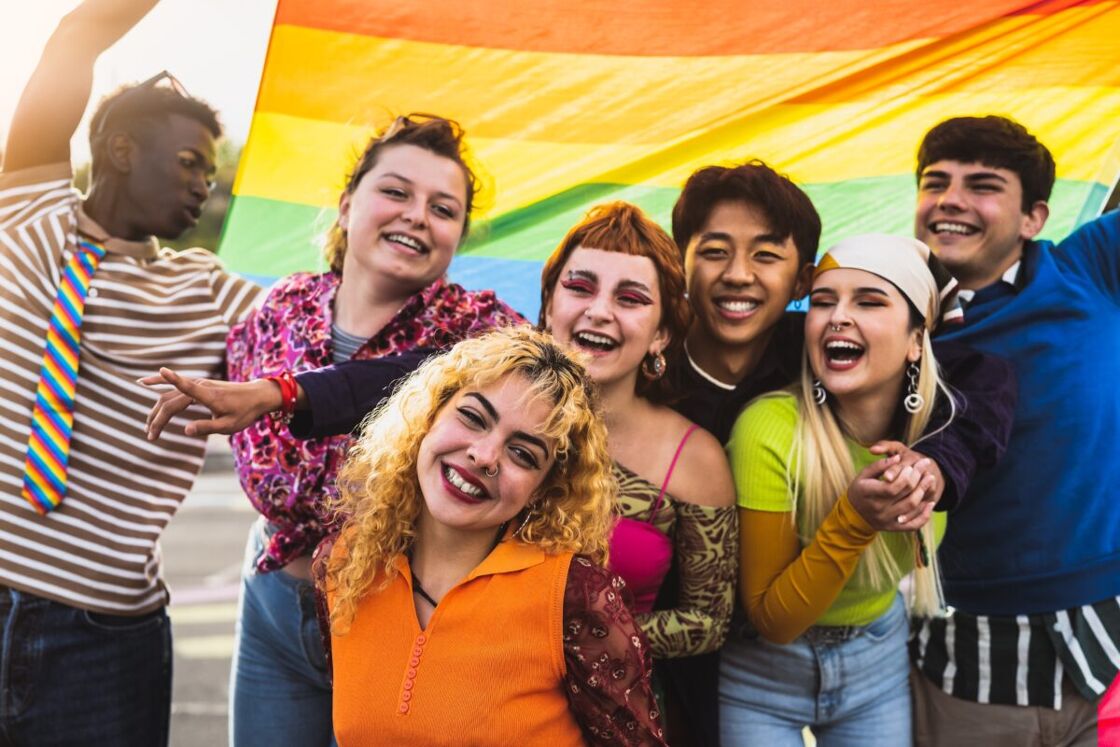
On the anniversary of Shepard’s attack, President Joe Biden, who oversaw the hate crime legislation, reflected on the person who “lost his life to a brutal act of hate and violence that shocked our nation and the world.”
But what about the queer people who are not cis, white, and from a middle-class family?
In an interview with LGBTQ Nation, Shepard’s college friend Romaine Patterson emphasized that he was hardly the last hate crime. “What we see right now in hate crimes are attacks on people of color who are gay, on transgender women of color, and we do not hear the same kind of media coverage for them as we did for Matthew,” she said.
Patterson also reflected on how the movement turned Shepard into a “Christ-like figure.” His parents encouraged her to speak honestly about him – an imperfect human who deserved better and was loved by his friends and family.
The gay community doesn’t need more martyrs but for all our people to live free from hate.

 Mark
Mark 





